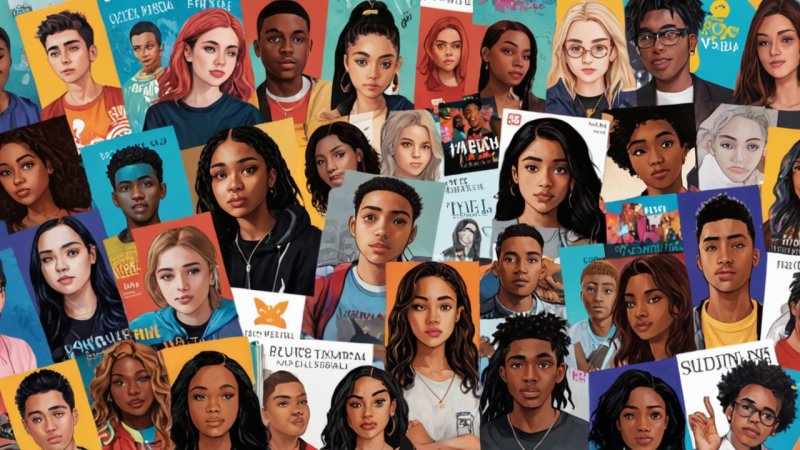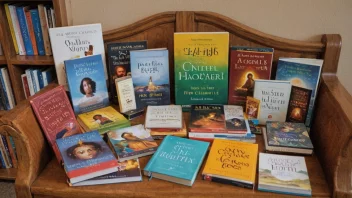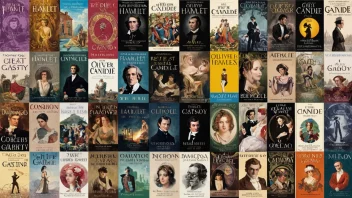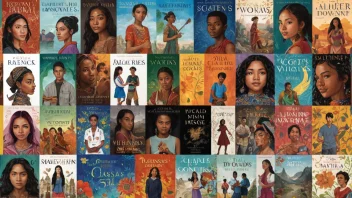In recent years, the landscape of young adult (YA) literature has been significantly shaped by the rise of fan culture. This phenomenon, characterized by passionate engagement and deep connections between fans and their favorite books, has transformed not only how stories are told but also who gets to tell them. From online fan communities to social media platforms, readers are no longer passive consumers; they are active participants in the literary world.
One of the most notable impacts of fan culture on YA literature is the way it has fostered the creation of diverse narratives. Fans are vocal about their desires for representation, and authors are increasingly responding to these calls. As a result, we see more stories featuring characters of various ethnicities, sexual orientations, and backgrounds. This shift is not just a trend but rather a reflection of the society we live in, providing young readers with characters they can relate to and see themselves in.
Moreover, fan culture has given rise to the phenomenon of fanfiction, where enthusiastic readers create their own stories based on existing characters and worlds. This creative outlet has been particularly popular among YA readers, who often explore themes that resonate with them, such as identity, love, and friendship. Many authors have embraced fanfiction, acknowledging its role in expanding the universe of their works and engaging with readers in innovative ways. Some even credit fanfiction with inspiring their own sequels or spin-offs.
Furthermore, the relationship between authors and fans has evolved dramatically. Social media platforms such as Twitter, Instagram, and TikTok have enabled authors to connect directly with their readers, breaking down traditional barriers between the two groups. This interaction has led to a more inclusive literary community where readers feel empowered to share their thoughts, opinions, and creative expressions. Authors often participate in discussions, share behind-the-scenes insights, and even seek feedback on their works, creating a collaborative environment that benefits everyone involved.
However, the impact of fan culture is not without its challenges. The intense scrutiny that comes with a passionate fanbase can lead to pressure on authors to meet expectations, as well as conflicts within fandoms over interpretations of characters and storylines. Additionally, the line between appreciation and entitlement can sometimes blur, leading to toxic behaviors that can affect both authors and fellow fans.
In conclusion, fan culture has undeniably reshaped the realm of young adult literature, encouraging diversity, inspiring creativity, and fostering connections between authors and readers. As this culture continues to evolve, it will be fascinating to see how it influences future generations of writers and the stories they choose to tell. The ongoing dialogue between fans and creators is a testament to the power of literature in uniting people and sparking meaningful conversations.






